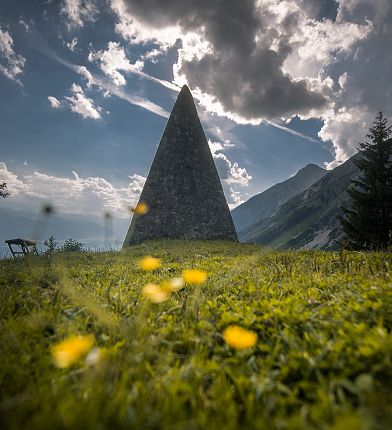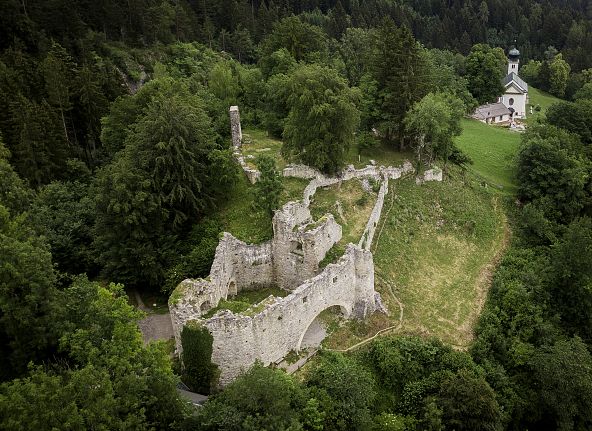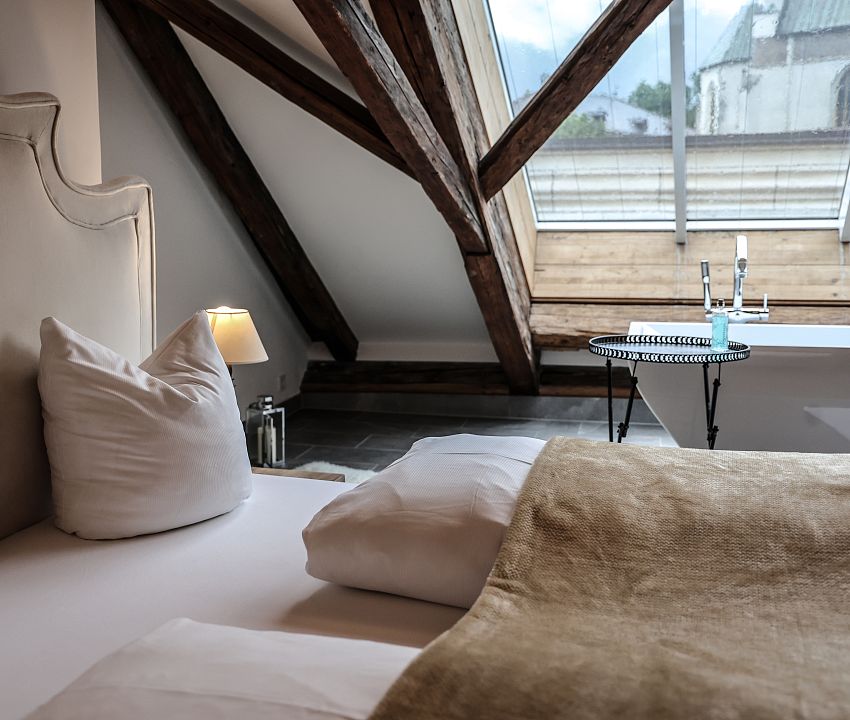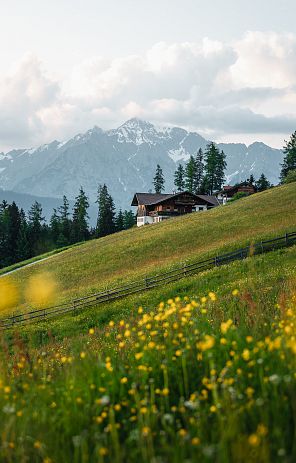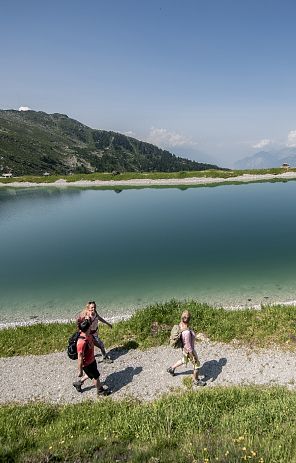Thaur. In Tyrol
An original village where agriculture still plays a major role today - this is how Thaur, the original Tyrolean village at the foot of the Nordkette mountain range, presents itself. Nativity scene carvers and genuine Tyrolean carnival culture, vegetable farmers and dedicated amateur actors make the village a lively cultural and economic center of the region all year round.
Perhaps it is the Thaurer Muller who, with their big parades every four years, ensure that radishes, lettuce and co. grow so well in Thaur. In any case, the whole of Tyrol looks forward to the crisp, fresh delights that Thaur's vegetable farmers supply the country with throughout the summer. It is not for nothing that the region is also known as "Tyrol's largest vegetable garden" - and the people of Thaur are proud that their area has been awarded the title of "North Tyrolean Vegetable Region of Delight".
It is not only the masks of the carnival figures that bear witness to the great carving tradition in the village: the Thaurer nativity scene carvers are known far beyond the borders of the region. A very special tradition has also been preserved in Thaur during the Easter period: The palm procession on Palm Sunday is one of the most beautiful in the whole country.
Thaur has a lot to offer those interested in culture: The municipality's landmark, Thaur Castle, is just as inviting as St. Ulrich's Church, the oldest surviving church building in Tyrol, or the idyllically situated Romedikirchl church for cultural excursions. In the summer months, the castle serves as an impressive theater backdrop for the open-air performances of the Thaurer Schlossspiele.
Places of power in Thaur
With our guest card, the Hall-Wattens Card, we invite you to enjoy your vacation to the fullest! Explore the Hall-Wattens region and discover the wealth of culture and nature on offer in your vacation region. Benefit from free bus transfers within the tourist region as well as many reduced admission prices to museums and attractions in the area.
